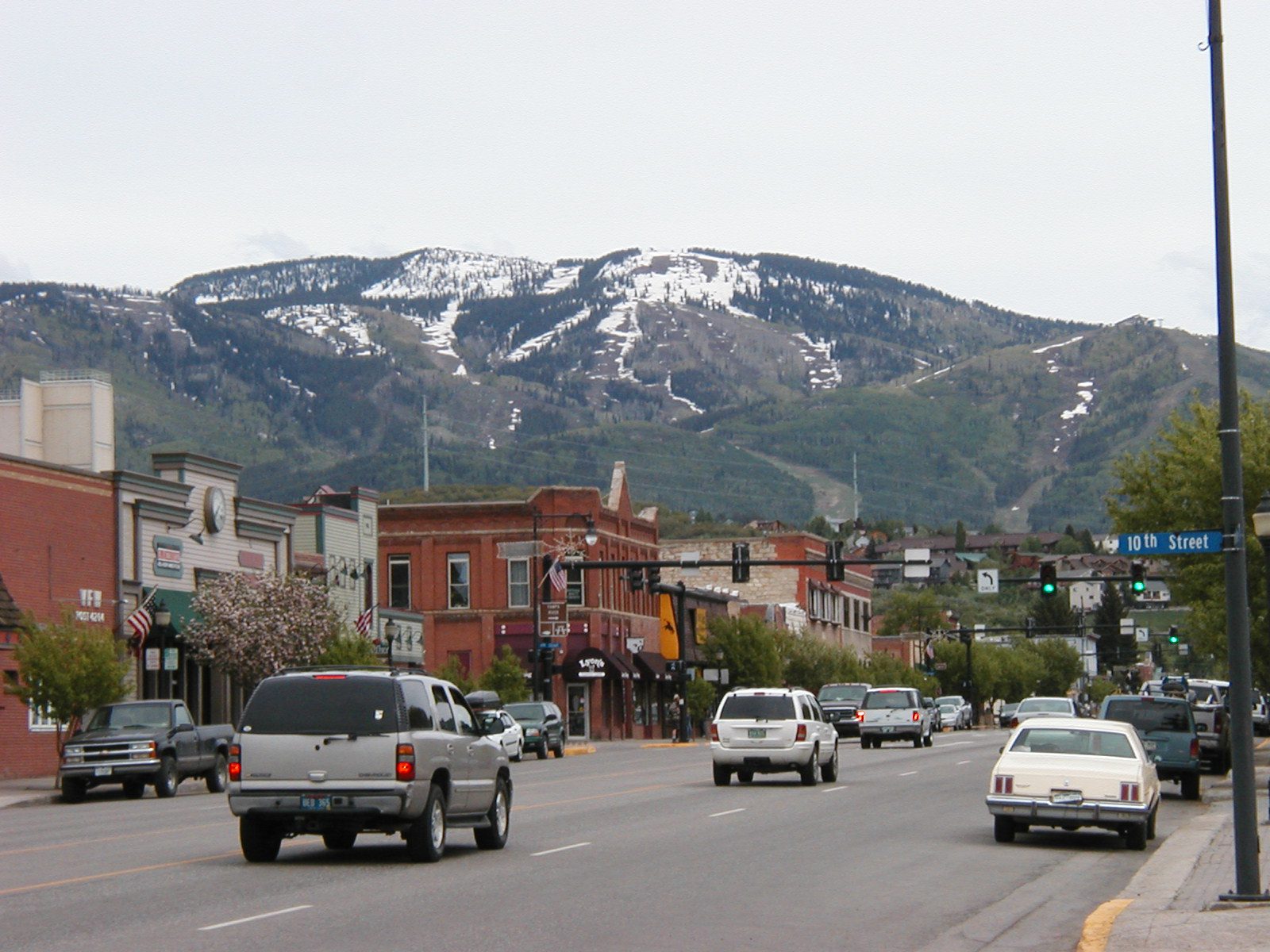August 28, 2023 — In Steamboat Springs last week, the annual Colorado Water Congress conference made history as the largest gathering of its kind. The meeting underscored the unity of Colorado’s congressional delegation in addressing the state’s pressing water supply challenges. Representing a wide range of water industry interests, the Colorado Water Congress
as the largest gathering of its kind. The meeting underscored the unity of Colorado’s congressional delegation in addressing the state’s pressing water supply challenges. Representing a wide range of water industry interests, the Colorado Water Congress boasts over 400 organizational members and numerous individual members from across the state.
boasts over 400 organizational members and numerous individual members from across the state.
Main Highlights:
- Unified Leadership: Representatives Joe Neguse, Lauren Boebert, Senators John Hickenlooper, and Michael Bennet emphasized the national significance of Colorado River water. This river alone provides for 40% of Colorado’s water needs and sustains roughly 40 million Americans.
- Collaborative Efforts: Recalling his time with then-Governor Hickenlooper, Neguse accentuated the power of collaboration. Hickenlooper reiterated that the current record turnout for the conference reveals the urgency of the situation.
- Funding and Support: The elected leaders highlighted several water projects backed by millions in federal funding. Notably, the Infrastructure Law of 2021 earmarked $300 million for Colorado River Basin drought plans, while the Inflation Reduction Act of 2022 dedicated a significant $8 billion for water infrastructure.
- A Call for Proactiveness: Addressing water agencies, Hickenlooper urged them to actively seek federal funding pools. Neguse and Bennet praised Hickenlooper’s role in establishing a seven-state bipartisan Colorado River Caucus, aiming to foster continuous discussion on the Western water crisis.
- Drought and Climate Impact: The U.S. Department of the Interior reported alarmingly low water levels in lakes Powell and Mead due to prolonged droughts and climate change. Despite recent wet conditions, Hickenlooper warned against complacency, urging preparedness for potentially harsher conditions.
Governor’s Take:
Following the congressional panel, Governor Jared Polis took the stage. He stressed the state’s duty to address the interconnected challenges of demographics, climate change, and dwindling water resources. Emphasizing the gravity of the situation, he said, “It’s all more people, less water .”
.”
Polis enumerated several proactive measures in place:
- Initiatives like leak detection programs.
- “Colorado-scaping” educational initiatives that promote water-efficient landscaping.
- Tax incentives for turf replacement.
He also urged the integration of water usage and planning, stressing its sporadic past approach. Polis touted the advantages of water-efficient housing, such as duplexes and multi-family housing. These structures can reduce water consumption by up to 50% for the same number of inhabitants compared to traditional housing.
Highlighting agriculture’s prominent role in the state’s economy, Polis revealed the Colorado Department of Agriculture ‘s move to hire its inaugural agriculture water advisor. The discussions about water, he said, are crucial for the state’s agricultural future.
‘s move to hire its inaugural agriculture water advisor. The discussions about water, he said, are crucial for the state’s agricultural future.
Image:
“Downtown Steamboat Springs ,” May 2006, by FlickReviewR via Wikimedia Commons.
,” May 2006, by FlickReviewR via Wikimedia Commons.


Leave a Reply